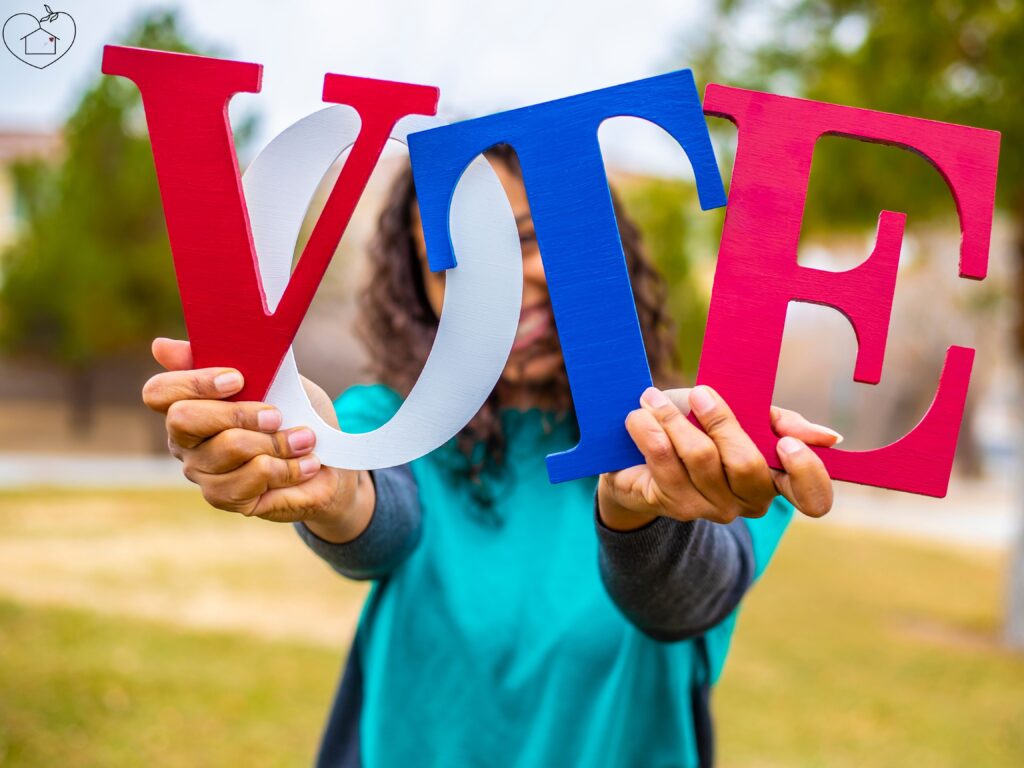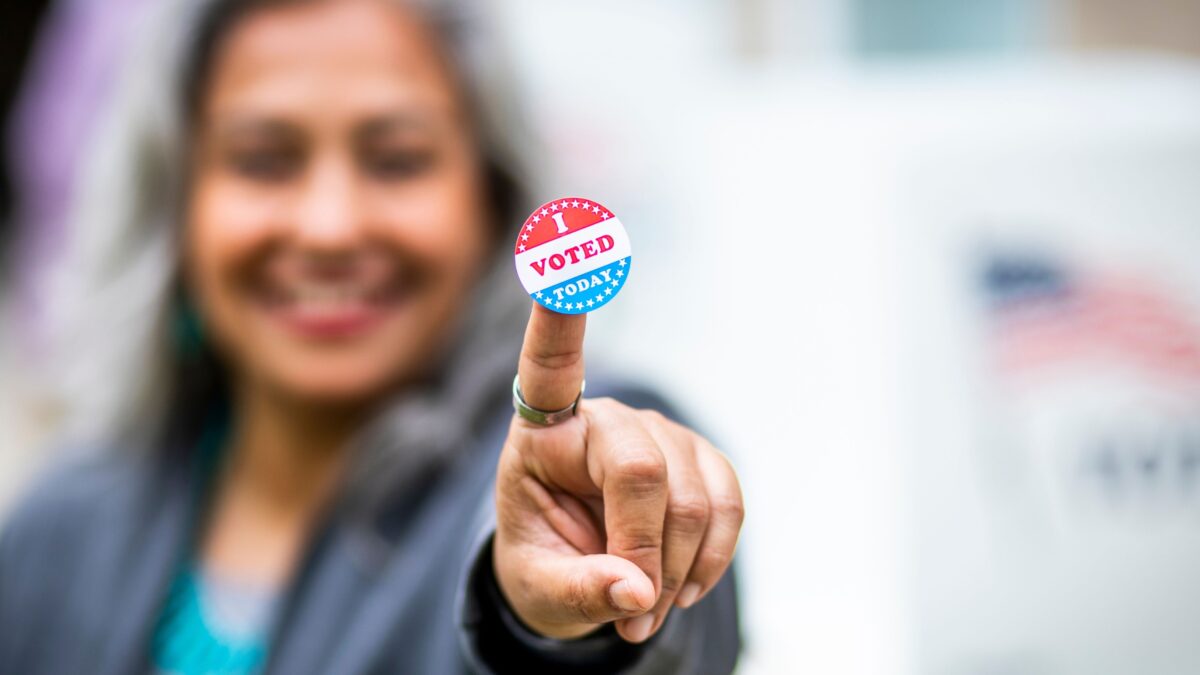Why is it important to vote? Voting is not only a civic duty but also an effective way to shape the world around us. By casting a vote, each individual has the chance to influence policies, leaders, and laws that affect daily life. Voting is a way to voice our values, hold leaders accountable, and take part in the democratic process. This article examines why voting matters and how psychology views the importance of participation. It also offers friendly advice for making informed voting decisions.
Table of Contents
ToggleThe Psychological Perspective on Voting
Psychologically, voting fulfills a fundamental need to belong and contribute to society. Studies in social psychology indicate that when people feel they have a voice and are part of a larger community, their well-being and self-esteem increase. Voting can also satisfy the psychological need for autonomy, giving individuals control over decisions that impact their lives.
Psychologists highlight that voting is a collective action—one that relies on each person’s participation to influence meaningful change. The feeling of belonging to a democratic system and entertaining in decisions can create a sense of agency, empowerment, and responsibility. When people don’t vote, they may feel disconnected from their community, which can lead to apathy or frustration.
Why Is It Important to Vote?
1. Voting Allows You to Have a Say in Society’s Direction
Every vote contributes to the outcome of elections, shaping policies that affect education, healthcare, environmental protection, and economic policies. Your voice in the voting booth impacts the leaders who make these decisions and the policies they create, ultimately defining the community and country’s future.
Example: If you’re passionate about environmental protection, voting for a candidate who prioritizes green policies can help create change. By supporting leaders who align with your beliefs, you’re actively contributing to a better future.
2. It’s a Key Way to Hold Leaders Accountable
Voting gives citizens the ability to choose leaders who align with their values and the authority to remove those who fail to serve the public interest. Regular elections confirm that officials remain accountable to the people, keeping leaders motivated to act in the best interests of their constituents.
Example: If an elected official doesn’t fulfill their promises or hires unethical behavior, voters have the ability to elect a new representative. This accountability helps maintain ethical governance and public trust.
3. Protects and Advances Your Rights and Freedoms
Voting is a way to defend and expand civil rights, such as free speech, equal opportunity, and protection from discrimination. Historical movements, such as the civil rights and women’s suffrage movements, remind us of the strength of voting to secure and expand rights.
Example: Issues like equal pay, racial justice, and gender equality have seen progress because of policies shaped by voters’ choices. Voting allows you to advocate for rights that matter most to you and confirm they are respected and upheld.
4. Voting Delegates Marginalized Communities
Every vote helps elevate the voices of marginalized communities, who may be more affected by issues like healthcare access, housing affordability, and social services. Voting provides a platform for everyone, regardless of background, to be heard and represented.
Example: Policies that improve access to affordable housing and healthcare can significantly benefit low-income communities. By voting, individuals from all walks of life can push for inclusive policies that support social equity.
5. It Promotes Civic Engagement and Community Building
Voting connects people with their community, creating shared goals and collective responsibility. Hiring in elections—whether local or national—promotes awareness and appreciation of the democratic process, promoting a sense of unity and cooperation.
Example: Community members coming together to discuss candidates and issues can lead to increased awareness and local initiatives, like town hall meetings or neighborhood discussions. These connections strengthen community bonds and create informed, active citizens.
6. Influences Policies that Directly Affect Your Daily Life
Local and national elections impact policies related to education, public transportation, taxes, healthcare, and safety—issues that affect everyday life. Voting is a way to make your priorities known, influencing decisions that shape your community’s quality of life.
Example: Voting on local school board members can impact your child’s education, curriculum choices, and access to resources. Casting a vote for candidates who value quality education guarantees that your voice shapes these decisions.

7. Supports Economic Stability and Growth
Leaders chosen through elections play a significant role in shaping economic policies, including tax laws, job creation, and social programs. By voting, individuals can help elect representatives who will advocate for economic stability, fair wages, and responsible fiscal policies.
Example: Voting for candidates who prioritize small businesses can lead to policies that encourage local economic growth, create jobs, and promote a strong community economy. These choices make a real difference in day-to-day life.
Friendly Advice for Making Informed Voting Decisions
1. Research Candidates and Issues Beforehand
Comprehending where candidates stand on issues is essential for making informed decisions. Review their stances on topics you care about by checking their websites, attending debates, or reading voter guides. Don’t rely solely on social media, as it can be biased; look for credible sources.
Example: Create a list of priorities before the election. If healthcare and education are important to you, research which candidates have policies in these areas. This attentive approach helps you vote for candidates who align with your values.
2. Hire in Conversations and Community Discussions
Hiring in respectful conversations with friends, family, and community members can help you gain a broader perspective on issues. By listening to others’ viewpoints, you may find new perspectives that improve your experience and help clarify your choices.
Example: Attend a local town hall meeting or participate in community discussions about candidates. These gatherings can provide valuable wisdom into different perspectives and make you feel more informed and involved.
3. Stay Organized and Make a Voting Plan
Plan your voting day in advance to guarantee you can make it to the polls. Consider transportation, childcare, or work hours, and know where your polling location is. Voting plans help reduce stress and guarantee you’re prepared to exercise your right to vote.
Example: If you have a busy schedule, consider early voting or absentee voting options. Set reminders for deadlines and prepare all necessary documents so you can confidently vote without last-minute complications.
4. Concentrate on Key Issues that Align with Your Values
While all issues are important, concentrating on a few key areas that matter to you can make the decision process easier. It helps narrow down choices and guarantees that your vote reflects your core values and concerns.
Example: If environmental sustainability and education are your top concerns, prioritize candidates with strong policies in these areas. This approach simplifies the process and guarantees that your vote aligns with what you believe in most.
5. Place Your Vote Matters, No Matter How Small the Election
Whether it’s a local, state, or national election, your vote is significant. Smaller, local elections are often decided by narrow margins, meaning every vote has a greater impact. Place change often begins at the local level.
Example: Even if it’s just a school board election, casting your vote impacts decisions in your community. Local officials make policies that affect your everyday life, so participating in these elections helps shape your immediate environment.
Voting is a strong tool for change, a means of expressing your voice, and an essential part of building a just society. By participating in elections, you have the opportunity to create a positive impact, provide representation, and contribute to a better future for all. Recognize that every vote counts—and so does yours.
Watch and Read!
- “Our Time Is Now” by Stacey Abrams
- “The Soul of America” by Jon Meacham
- “Give Us the Ballot” by Ari Berman
- “Selma” (2014)
- “Iron Jawed Angels” (2004)
- “Lincoln” (2012)
FAQs
Absolutely. While it may seem like a single vote doesn’t count, elections, especially local ones, can come down to just a few votes. Each vote collectively shapes the outcome and represents your voice in society.
Consider the candidate’s values, their stance on key issues, their record of service, and their plans for the future. Choose someone who aligns with your priorities and demonstrates integrity and accountability.
Voting impacts more than just politics; it affects policies on health, education, safety, and more. Participating guarantees that your needs and concerns are represented, even if you don’t follow politics closely.

